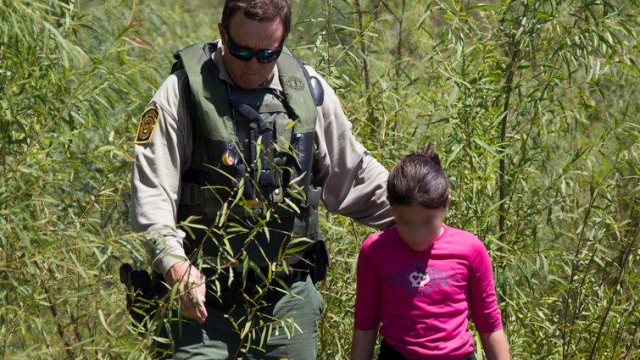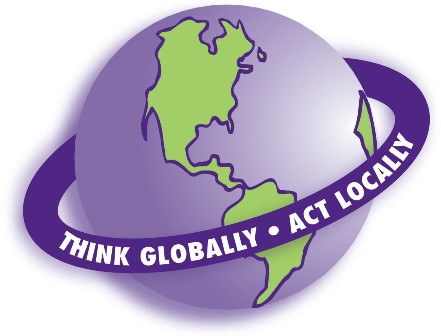
“You’re not like them.”
What successful ethnic minority person in the United States has not heard that sentiment?
Perhaps it was a statement over a glass of wine at a company Christmas party. At lunch with co-workers. Or at a school function for their children.
As a Riverside immigration attorney, I’ve even heard similar expressions inside judicial chambers and lawyer meetings.
It’s often expressed in the third person.
“But Julio is not like other Salvadorans.”
This perspective has two major flaws.

Failing to plan is planning to fail.
Take the Central American refugee surge.
As an asylum and refugee lawyer, I noticed the youth refugee situation unfolding as far back as 2009.
Like most folks, I was surprised by the sharp increase of new arrivals last summer. But I was not shocked by the appearance of young children at our door steps.

Recently, an immigrant asylum smuggler went public with inside secrets about his “profession”.
How much of this news story is true? That’s a million dollar question.

A few weeks ago, I endorsed the position that blindly voting for any political party is not in the best interests of immigrants seeking compassionate immigration reform.
I suggested a hybrid posture between not voting at all and voting as a political dunce.
 When is a victory not a victory?
When is a victory not a victory?
When the issues pertain to immigration law.
For instance, in Matter of A-R-C-G, the Board of Immigration Appeals recently held that abused immigrant women qualify for asylum in the U.S. under certain circumstances.
Media pundits and legal analysts applauded the decision as a landmark ruling.
They’re right.
However, the woman seeking protection has not yet won her case.
And many abused spouses were left out of the court’s sphere of protection.

Immigration and Customs Enforcement (ICE) officials have documented a recent surge in human trafficking incidents throughout the Inland Empire.
Moreno Valley. Perris. Rubidoux. Palm Desert. Riverside.
Beaumont. Rialto. Victorville. Yucaipa. San Bernardino.
The list goes on and on.
Many women and children are trapped in its web.
The problem of modern day slavery is global in nature.
Yet, experts assert that if you know the signs of modern day slavery, you would notice that it is closer to you than you ever imagined.

Human trafficking, a form of modern day slavery, is growing.
It’s growing across the globe. It’s growing across the United States. Now, it’s growing locally. Recent news reports confirm its arrival in the Inland Empire and Southwest Riverside.
As an immigration lawyer whose practice takes me into various regional communities, I sensed its growing presence based on tell-tale signs a few months ago.






 When is a victory not a victory?
When is a victory not a victory?



